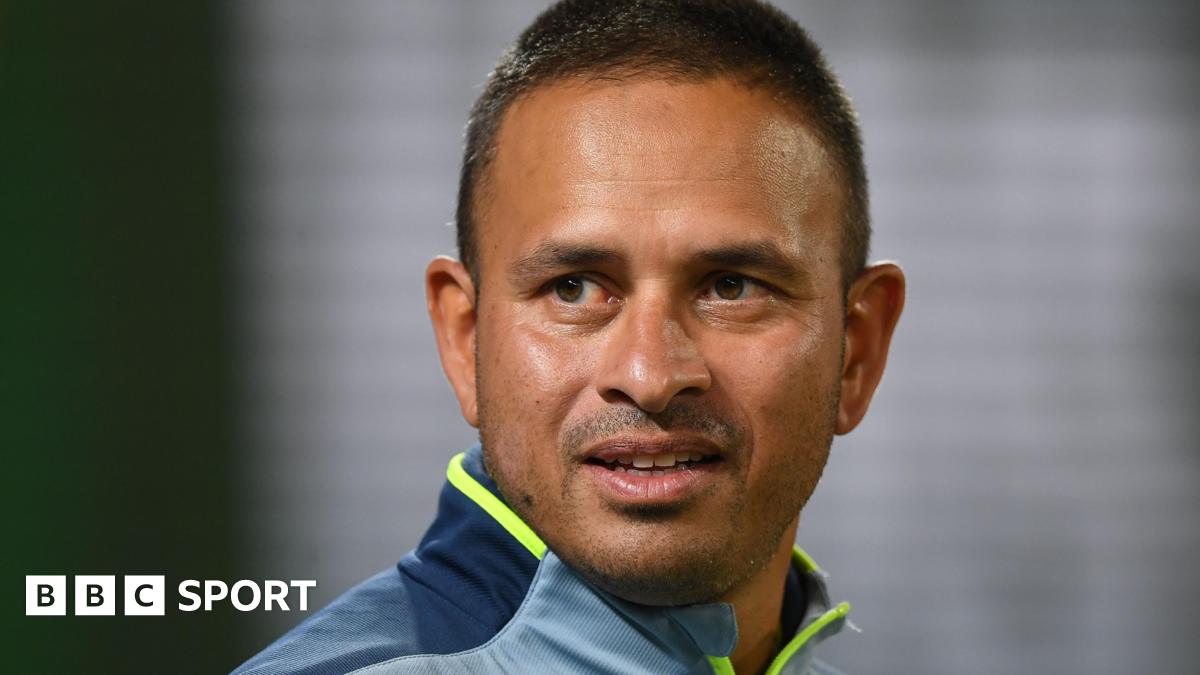Category: 2. World
-

Why North Korea’s Kim Jong-un is hailing ‘invincible’ Russia ties in new year message
In his new year message, North Korean leader Kim Jong-un praised troops fighting alongside Russia in Ukraine, a move observers said pointed to Pyongyang’s intention to sustain and deepen military cooperation with Moscow into 2026.The emphasis… -

Taiwan’s President Lai Ching-te pledges to defend island’s sovereignty : NPR
In this photo released by the Taiwan Presidential Office, Taiwanese President Lai Ching-te (center) is accompanied by his…
Continue Reading
-
Mamdani Pays Tribute to the Foods That Define and Sustain New York – The New York Times
- Mamdani Pays Tribute to the Foods That Define and Sustain New York The New York Times
- Four challenges facing New York City Mayor Mamdani BBC
- ‘We will not wait’: Mamdani kicks off housing plans after inaugural party Al Jazeera
- Significance of…
Continue Reading
-

VIDEO: Zohran Mamdani vows to protect people of NYC at swearing-in ceremony – Australian Broadcasting Corporation
- VIDEO: Zohran Mamdani vows to protect people of NYC at swearing-in ceremony Australian Broadcasting Corporation
- Four challenges facing New York City Mayor Mamdani BBC
- ‘We will not wait’: Mamdani kicks off housing plans after inaugural party
Continue Reading
-

As Zohran Mamdani becomes New York’s mayor, what are his chances of success?
New York’s new mayor, Zohran Mamdani, has vowed not to water down his ambitious agenda as he promised a new era for the city during an impassioned inauguration address.
The 34-year-old was sworn into the mayoralty outside City Hall by one of his…
Continue Reading
-

Usman Khawaja to retire: Australia batter says he still fights ‘racial stereotypes’
Khawaja has played in six Ashes series – winning two, losing two and drawing two. He was also part of the Australia team that won the World Test Championship in 2023.
He needs 30 runs in his final Test to go above Mike Hussey and into 14th on…
Continue Reading
-

Usman Khawaja to retire: Australia batter ends international career after fifth Ashes Test
Alongside Steve Smith, Khawaja is one of two remaining members of the Australia team beaten by England in their last series win in this country in 2010-11.
Khawaja has made 6,206 Test runs at an average of 43.39, with 16 hundreds.
He needs 30 runs…
Continue Reading
-

Ashes 2025: Usman Khawaja to retire after fifth Test at SCG
Usman Khawaja has revealed the fifth and final Test of the Ashes series at the Sydney Cricket Ground will be the last of his career.
Khawaja will retire after 88 Tests with two more chances to add to his 16 Test centuries when the series finale…
Continue Reading
-

Dozens of people have died and 100 are injured after a fire at a Swiss resort bar : NPR
Several dozen are believed killed in a fire at a New Year’s Eve party in a Swiss ski resort bar.
SCOTT DETROW, HOST:
Dozens are dead, and more than 100 are injured after a deadly fire at a…
Continue Reading
-
The Full Transcript of Zohran Mamdani’s Inauguration Speech – The New York Times
- The Full Transcript of Zohran Mamdani’s Inauguration Speech The New York Times
- Zohran Mamdani sworn in as New York’s first Muslim mayor Dawn
- NYC Mayor Zohran Mamdani Vows to Govern ‘Audaciously’: Live Updates The New York Times
- EXCLUSIVE:…
Continue Reading